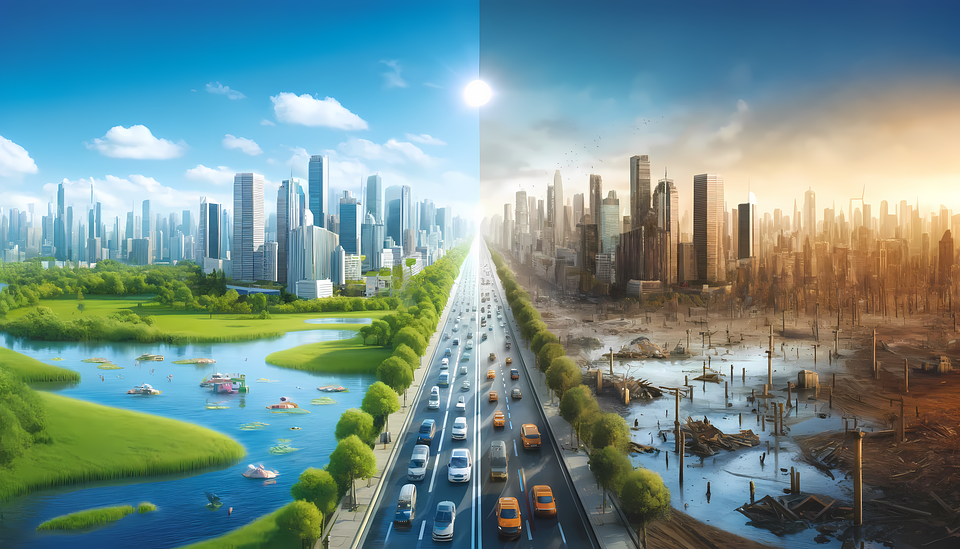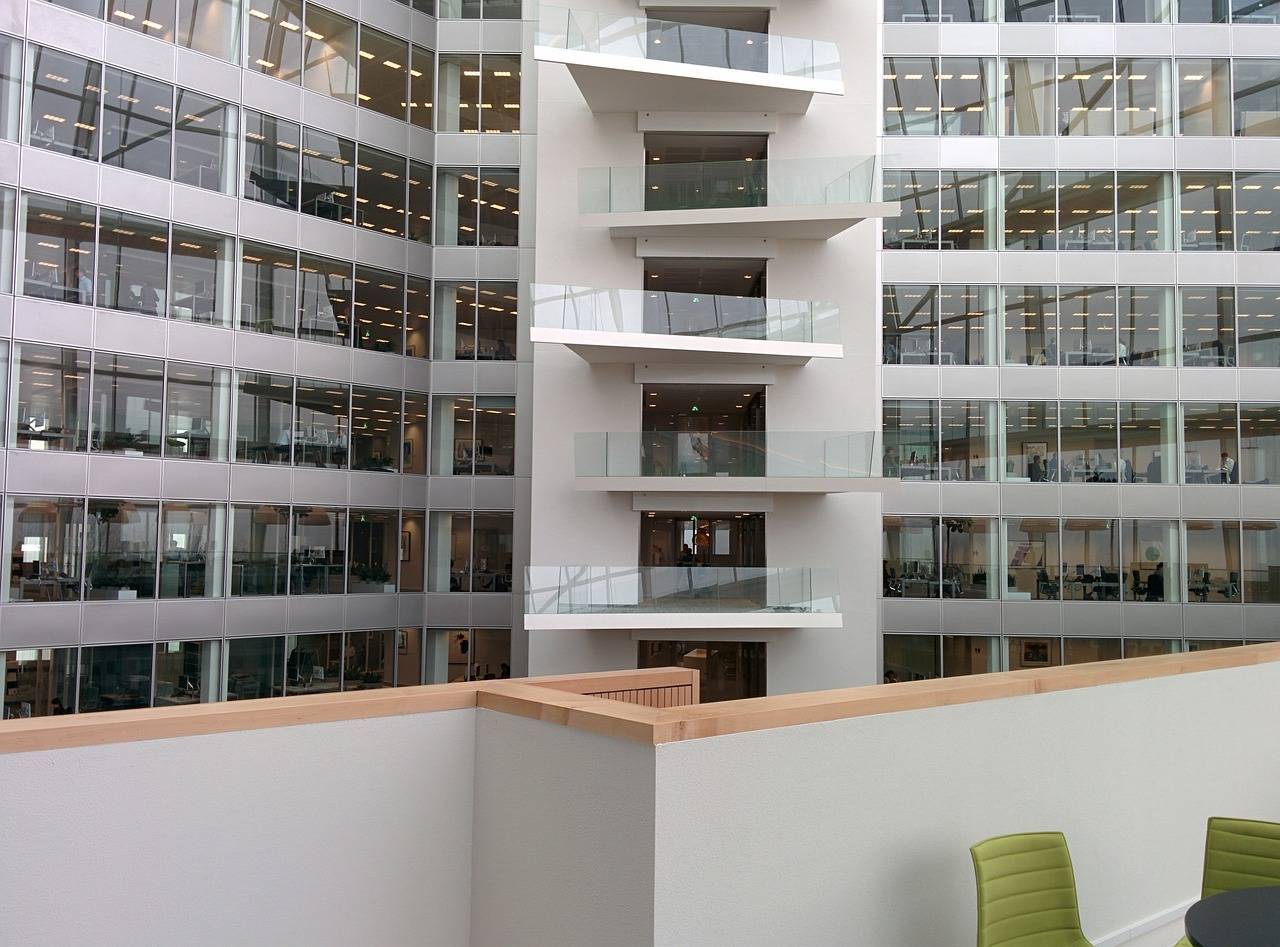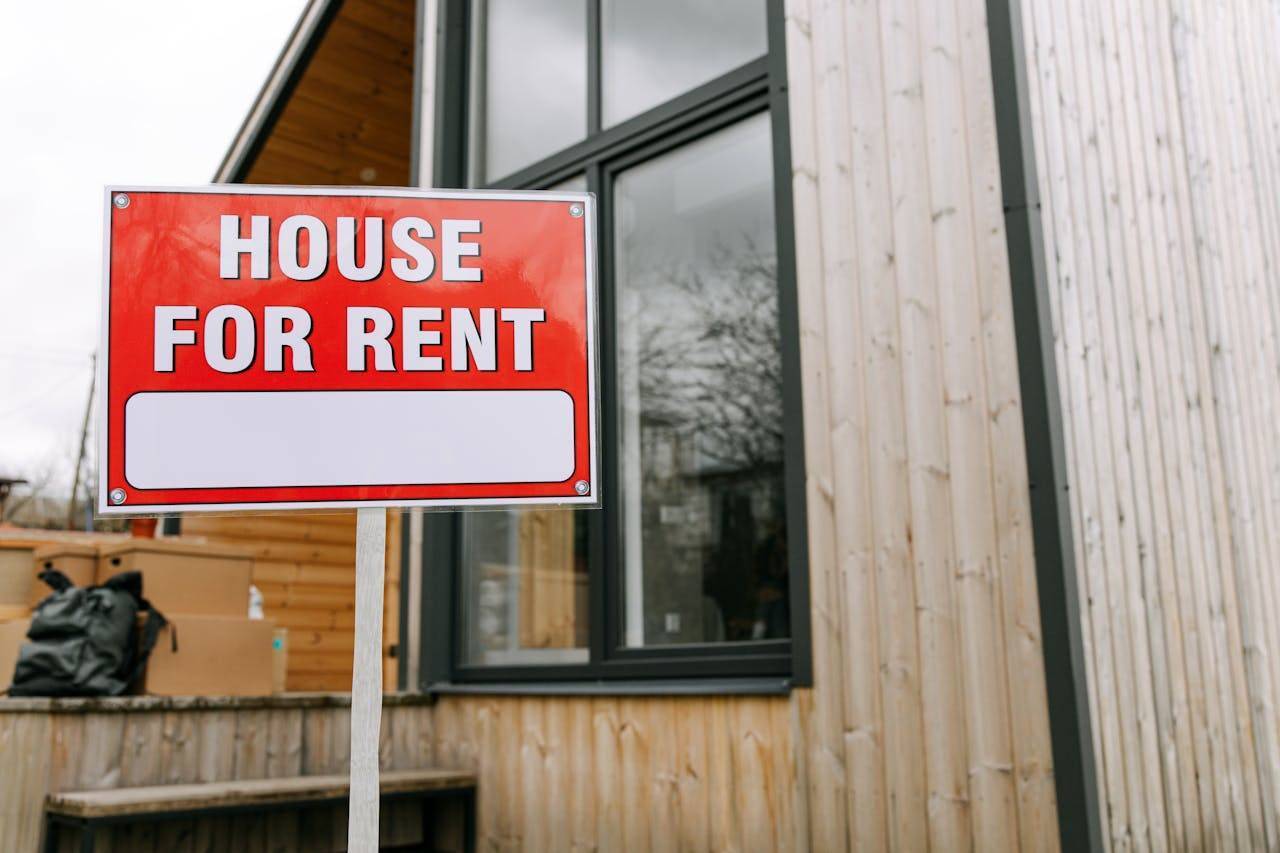Climate change is not just an environmental concern; it is increasingly becoming a critical factor influencing real estate values and development. As India faces the dual challenge of rapid urbanization and a changing climate, the real estate sector is navigating a landscape fraught with both risks and opportunities. This article explores how climate change is reshaping real estate values and development trends in India, drawing on recent data and projections to provide a comprehensive overview.
Climate Risks and Real Estate Values
The impact of climate change on real estate values is multifaceted. Increasing temperatures, rising sea levels, and extreme weather events are contributing to a reassessment of property values, particularly in vulnerable areas.
According to a study by the Indian Institute of Tropical Meteorology, India has experienced a significant increase in extreme weather events over the past few decades. The frequency of severe cyclones, heavy rainfall, and floods has risen, with 2023 witnessing some of the most intense monsoon seasons in recent history. These events not only cause immediate damage but also affect long-term property values.
Properties located in high-risk zones, such as coastal areas prone to flooding, have seen a decline in value. For instance, real estate in Mumbai, a city heavily impacted by rising sea levels and flooding, has been experiencing increased insurance premiums and reduced desirability in flood-prone areas. According to a 2023 report by Knight Frank India, property prices in vulnerable coastal regions have dropped by 10-15% over the past five years due to heightened climate risk.
Conversely, areas that are perceived as safer from climate risks are witnessing a surge in demand. For example, real estate in elevated regions or inland cities such as Pune and Bengaluru has seen an uptick in value as investors and buyers seek more stable environments. The same Knight Frank report highlights that property prices in these inland cities have risen by approximately 8-12% annually, reflecting a shift in buyer preferences.
Development Trends in Response to Climate Change
The real estate sector is increasingly incorporating climate resilience into development projects. Developers and investors are becoming more attuned to the need for sustainable and climate-resilient building practices. Green buildings, which focus on reducing energy consumption and minimizing environmental impact, are becoming more prevalent.
The Indian Green Building Council (IGBC) reported that as of mid-2024, over 7,000 green building projects are registered across India, covering an area of approximately 1.2 billion square feet. This represents a growing trend towards sustainability in construction, driven by both regulatory frameworks and market demand. Green buildings not only offer environmental benefits but are also increasingly recognized for their potential to enhance property values.
Regulatory measures are also playing a role in shaping development trends. The Indian government has introduced several policies aimed at promoting sustainable development and mitigating climate impact. The National Action Plan on Climate Change (NAPCC) and the more recent National Building Code emphasize energy efficiency and resilience in construction practices. These regulations are pushing developers to adopt more sustainable practices, which in turn is influencing real estate values.
Market Adaptation and Future Outlook
The real estate market in India is adapting to the changing climate landscape with increasing emphasis on resilience and sustainability. However, this adaptation comes with challenges. Developers are facing higher upfront costs associated with incorporating climate-resilient features and green technologies. According to a report by JLL India, the cost of implementing green building standards can be 5-10% higher compared to conventional construction methods. Yet, the long-term benefits, including reduced operational costs and enhanced property value, are encouraging more developers to embrace these practices.
Looking ahead, the impact of climate change on real estate in India is likely to continue evolving. As climate risks become more pronounced, there will be greater emphasis on developing properties that can withstand extreme weather events and rising sea levels. The demand for green and sustainable buildings is expected to rise, potentially driving higher premiums for properties that meet these criteria.
Conclusion
Climate change is reshaping the real estate landscape in India by influencing property values and development trends. As the country grapples with the impacts of a changing climate, both buyers and developers are increasingly recognizing the importance of resilience and sustainability in real estate. While the transition to a more climate-conscious real estate market presents challenges, it also offers opportunities for innovation and growth in the sector.
Authored By;










.png)